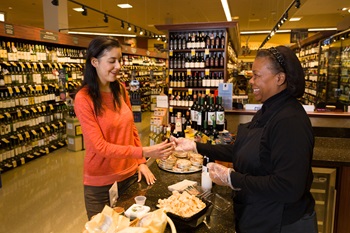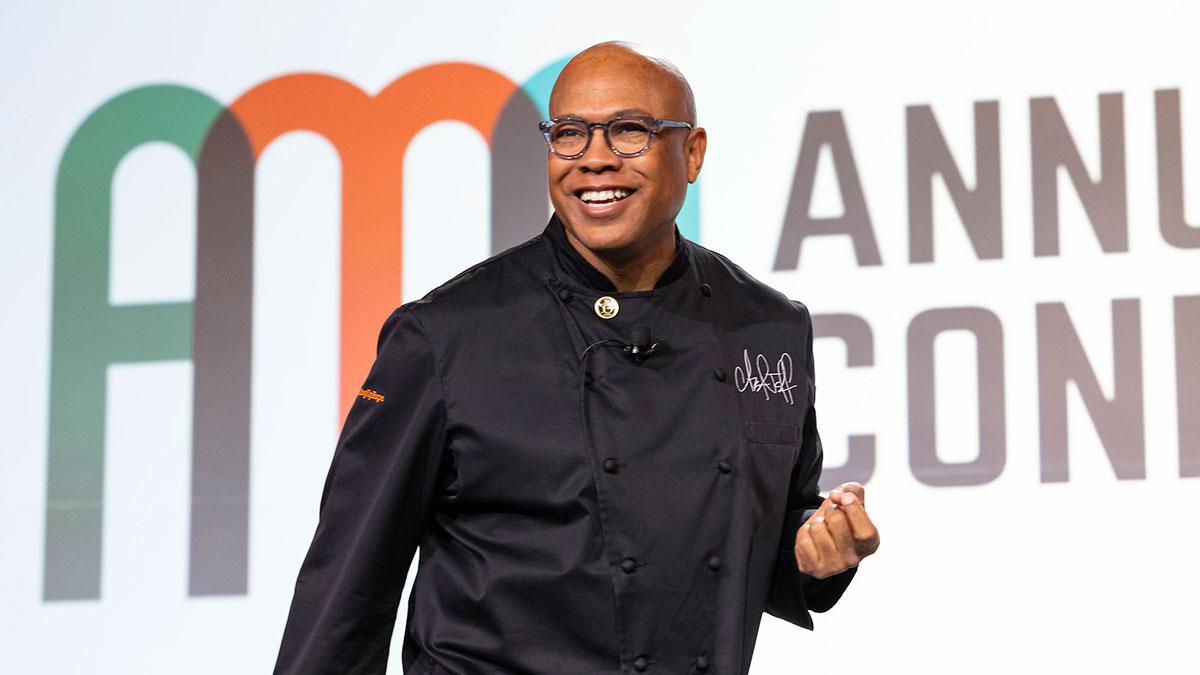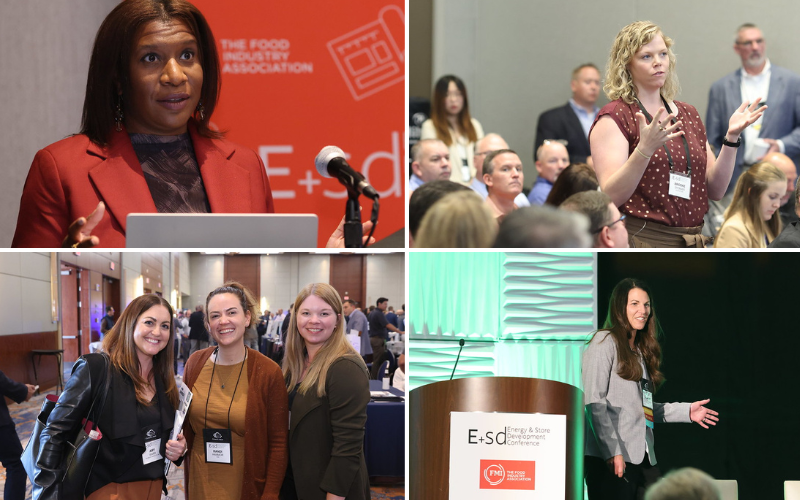By: Laurie Gethin, Director of Education, Food Marketing Institute

I toured Colonial Williamsburg this summer and was intrigued by the life and times in the 18th Century, namely how truly back-breaking it was to make a living. In fact, churning butter with a reenactor gave me a new appreciation for the convenience of visiting the grocery store for my baking needs! The experience also made me reflect on how our food retail members are challenged to meet the desire among consumers for nostalgic, artisan and local products while still being perceived as a progressive retailer with an omnichannel strategy.
This trend in old-world-meets-new reminded me of a recent Wall Street Journal story discussing a book that points to a notable resurgence of “old-timey jobs,” such as bartenders, fishmongers, furniture makers and other craft skills. The author of the book, a sociology professor at John Jay College of Criminal Justice and the City University of New York Graduate Center, explained that these jobs are driven by, “Millennials [who] are drawn to these occupations, in part, as a reaction to ‘the ephemerality of the digital age.’” Or, as I see it, a return to what’s familiar and tangible. Importantly, the author quoted in the story suggested that these jobs weren’t necessarily replacing current jobs, but instead carving out new niche opportunities in businesses.
Now, it’s not my prediction that blacksmiths are going to be the next hot commodity for food retailers as they may have been in the Jamestown Colony, but when you look at the shifting skill sets needed in our changing job market, certainly hiring artisans who specialize in technical skills helps bolster the in-store experience. At the FMI Energy Store and Development Conference (ESD) I manage, we recognize a need to help develop educational opportunities for a new and dynamic workforce in our industry – one that bridges tech and skilled employees.
In one particular ESD session themed around building a technician workforce in a climate of fluctuating demographics, we’ll look at the stark reality that the number of people graduating from refrigeration educational programs is insufficient to keep up with industry demand. Exacerbating this situation, much of the eligible workforce entering the specialized field lacks the skills to perform complex repairs on modern systems. How, as an industry, do we reverse this trend? How can we encourage Millennials with mechanical aptitude to enter the refrigeration service technician workforce? How do we explain to potential recruits the rewards of a career in refrigeration? Bruce Campbell, national account manager for supermarkets, United Refrigeration Inc. and National Refrigerants Inc., will lead a discussion on ideas for the creative use of technology, social media, and e-learning to capture the attention of Millennials.
Per the sociologist’s analysis, I’m encouraged that our industry will be inclusive enough to hire a diverse workforce and create new, parallel business paths for these craft employees – one that doesn’t solely depend on the uniqueness of your handlebar mustache. The good news is that if “old-timey” jobs are in, then grocers can position themselves as hip. Learn more about the FMI Energy Store and Development Conference, September 24 – 27 in Orlando, FL.


 Industry Topics address your specific area of expertise with resources, reports, events and more.
Industry Topics address your specific area of expertise with resources, reports, events and more.
 Our Research covers consumer behavior and retail operation benchmarks so you can make informed business decisions.
Our Research covers consumer behavior and retail operation benchmarks so you can make informed business decisions.
 Events and Education including online and in-person help you advance your food retail career.
Events and Education including online and in-person help you advance your food retail career.
 Food Safety training, resources and guidance that help you create a company food safety culture.
Food Safety training, resources and guidance that help you create a company food safety culture.
 Government Affairs work — federal and state — on the latest food industry policy, regulatory and legislative issues.
Government Affairs work — federal and state — on the latest food industry policy, regulatory and legislative issues.
 Get Involved. From industry awards to newsletters and committees, these resources help you take advantage of your membership.
Get Involved. From industry awards to newsletters and committees, these resources help you take advantage of your membership.
 Best practices, guidance documents, infographics, signage and more for the food industry on the COVID-19 pandemic.
Best practices, guidance documents, infographics, signage and more for the food industry on the COVID-19 pandemic.
